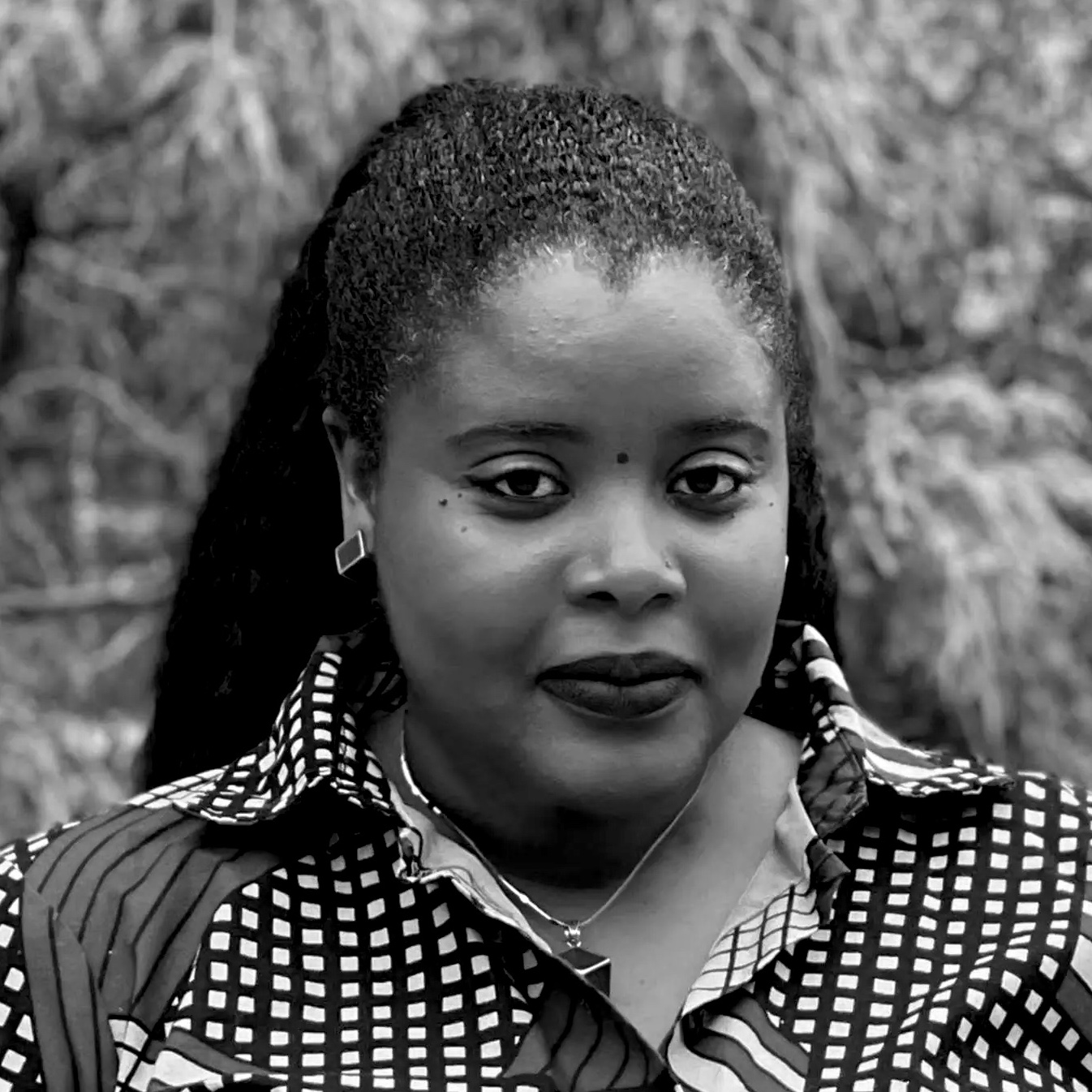Concentration in
History, Philosophy, and the Social Sciences







Undergraduate Concentration
The Department of History, Philosophy, and the Social Sciences is an interdisciplinary department where faculty teach and conduct research in a range of fields across the humanities and social sciences. All courses in the department emphasize critical thinking and the development of writing and research skills. A concentration in HPSS is designed for undergraduate students who wish to complement their studio major with an in-depth study in an interdisciplinary track supported by the department’s curriculum. Such study enables students to fully explore the department’s course offerings and to fulfill their Liberal Arts requirements in a way that is most meaningful for them. Working across the disciplines of history, philosophy, and the social sciences requires intellectual curiosity, excellent communication skills and the ability to bring together disparate methods and approaches. Such qualities are integral to the creative work of an artist or designer, as well as for growth and success in everyday life.
The undergraduate HPSS concentration can be completed within a 4- or 5-year degree program. All RISD BFA candidates are eligible to add this concentration to their program of study. Interested students should contact the HPSS Concentration Coordinator, Alero Akporiaye ([email protected]) and complete the concentration declaration form.
A HPSS concentration requires careful selection of courses. Typically, concentrators meet or communicate with the concentration coordinator once or twice a year to discuss course options and to update their records. As part of the process, HPSS concentrators may pre-register for HPSS courses that will apply to their concentration track. The concentration coordinator will contact all concentrators with the relevant instructions shortly before the official registration period; this opportunity is offered in the fall and spring semesters only.
Concentration Learning Outcomes
– Approach issues critically, reflectively, and with regard to cultural, historical, and social context.
– Understand and interpret a range of theoretical and methodological approaches to research questions.
– Communicate orally, visually, and in written form in critically informed, and persuasive ways.
– Critically assess the value and trustworthiness of information and integrate or critique research findings in their own analytical work.
– Actively explore positionality, perspective, and self-reflection to become aware of cultural assumptions and social constructions.
– Apply disciplinary and interdisciplinary knowledge from HPSS classes to broaden and deepen their studio work and engagement as global citizens.
– Demonstrate informed understanding of a HPSS-related field or topic, based on a particular course of in-depth study in a concentration track.
Concentration Tracks
Each concentrator shapes an individual course of study around one of the department’s nine established tracks, which build on faculty teaching and research strengths and represent a key intersection of one or more of the core disciplines in HPSS.
Belief Systems
Study of how cultures and societies throughout history have developed worldviews through religious beliefs, philosophical traditions, scientific and political theories, and traditional understandings.
⟩⟩⟩ Requirements for students graduating with 120/150 credits: Students will take a total of seven courses to complete the concentration. In addition to S101 or S301, students will take four HPSS courses and two additional track courses (within or outside of HPSS) related to Belief Systems.
⟩⟩⟩ Requirements for students graduating with 126/156 credits: Students will take a total of eight courses to complete the concentration. In addition to S101, students will take seven courses related to Belief Systems (five in HPSS; two from any department).
Environmental Studies
We encourage students with an interest in this area to consider the Nature-Culture-Sustainability Studies (NCSS) Concentration.
Study of human-nature relationships, past and present, including the role of science and technology, the impacts of cities, suburbs and rural worlds on the environment, and the ways in which art, design and creativity can contribute toward more sustainable and just socio-ecological futures.
⟩⟩⟩ Requirements for students graduating with 120/150 credits: Students will take a total of seven courses to complete the concentration. In addition to S101 or S301, students will take four HPSS/SCI courses (or relevant LAEL) and two additional track courses (within or outside of HPSS) related to Environmental Studies.
⟩⟩⟩ Requirements for students graduating with 126/156 credits: Students will take a total of eight courses to complete the concentration. In addition to S101, students will take seven courses related to Environmental Studies (five in HPSS or relevant LAEL; two from any department).
Gender, Sexuality, and Race
Study of the socio-cultural, legal/ethical, historical, anthropological, psychological, political, and sociological aspects of social identity worldwide, with a particular focus on gender, sexual orientation, and race.
⟩⟩⟩ Requirements for students graduating with 120/150 credits: Students will take a total of seven courses to complete the concentration. In addition to S101 or S301, students will take four HPSS courses and two additional track courses (within or outside of HPSS) related to Gender, Sexuality, and Race.
⟩⟩⟩ Requirements for students graduating with 126/156 credits: Students will take a total of eight courses to complete the concentration. In addition to S101, students will take seven courses related to Gender, Sexuality, and Race. Typically, the preponderance of these courses will be taken in HPSS, with relevant non-HPSS courses subject to the approval of the HPSS Concentration Coordinator.
Global Processes
A consideration of cultures, economies, and societies globally, with particular attention to systems and flows of people, information, capital, products, imagery, and ideas; i.e. to the relationships, connections, and disconnections of the globalized world.
⟩⟩⟩ Requirements for students graduating with 120/150 credits: Students will take a total of seven courses to complete the concentration. In addition to S101 or S301, students will take four HPSS courses and two additional track courses (within or outside of HPSS) related to Global Processes. Language and study abroad courses may count toward the fulfillment of this concentration track.
⟩⟩⟩ Requirements for students graduating with 126/156 credits: Students will take a total of eight courses to complete the concentration. In addition to S101, students will take seven courses related to Global Processes. Typically, the preponderance of these courses will be taken in HPSS, with relevant non-HPSS courses subject to the approval of the HPSS Concentration Coordinator. Language and study abroad courses may count toward the fulfillment of this concentration track.
Media, Technology, and Cultural Studies
Study of the relationships between communications, politics, and culture, past and present, including the rise and role of culture industries, theories of production, reception, and influence; and theoretical debates about culture and society from anthropology, media studies, sociology, and psychology.
⟩⟩⟩ Requirements for students graduating with 120/150 credits: Students will take a total of seven courses to complete the concentration. In addition to S101 or S301, students will take four HPSS courses and two additional track courses (within or outside of HPSS) related to Media, Technology, and Cultural Studies.
⟩⟩⟩ Requirements for students graduating with 126/156 credits: Students will take a total of eight courses to complete the concentration. In addition to S101, students will take seven courses related to Media, Technology, and Cultural Studies. Typically, the preponderance of these courses will be taken in HPSS, with relevant non-HPSS courses subject to the approval of the HPSS Concentration Coordinator.
Mind, Self, and Behavior
Study of how people perceive, construct, manipulate, and maintain views of themselves and the world around them, and how philosophical principles, physical and social environments, as well as biological factors inform us about people’s identities, motivations, feelings, beliefs, and behavior.
⟩⟩⟩ Requirements for students graduating with 120/150 credits: Students will take a total of seven courses to complete the concentration. In addition to S101 or S301, students will take four HPSS/SCI courses (or relevant LAEL) and two additional track courses (within or outside of HPSS) related to Mind, Self, and Behavior.
⟩⟩⟩ Requirements for students graduating with 126/156 credits: Students will take a total of eight courses to complete the concentration. In addition to S101, students will take seven courses related to Mind, Self, and Behavior (five in HPSS or relevant LAEL; two from any department).
Politics and Policy
Study of social and political issues, worldwide, and the various methods that shape understanding of such issues, including empirical research, legal theory, political analysis, and social theory and practices.
⟩⟩⟩ Requirements for students graduating with 120/150 credits: Students will take a total of seven courses to complete the concentration. In addition to S101 or S301, students will take four HPSS courses and two additional track courses (within or outside of HPSS) related to Politics and Policy.
⟩⟩⟩ Requirements for students graduating with 126/156 credits: Students will take a total of eight courses to complete the concentration. In addition to S101, students will take seven courses related to Politics and Policy (five in HPSS; two from any department).
Regional Studies
In-depth study of a region with a focus on histories, cultures, societies, philosophies, religions, aesthetics, political developments, and institutions. Examples of the regions where students could concentrate their studies include: The Americas (including North America, the Caribbean, Central America, and South America), Europe and Russia, The Middle East and Africa, Asia (East, Southeast, South, and Islamic Asia), The Atlantic World and/or The Mediterranean Sea.
⟩⟩⟩ Requirements for students graduating with 120/150 credits: Students will take a total of seven courses to complete the concentration. In addition to S101 or S301, students will take four HPSS courses and two additional track courses (within or outside of HPSS) exploring their specified region in depth. Language and study abroad courses may count toward the fulfillment of this concentration track.
⟩⟩⟩ Requirements for students graduating with 126/156 credits: Students will take a total of eight courses to complete the concentration. In addition to S101, students will take seven courses exploring their specified region in depth. Typically, the preponderance of these courses will be taken in HPSS, with relevant non-HPSS courses subject to the approval of the HPSS Concentration Coordinator. Language and study abroad courses may count toward the fulfillment of this concentration track.
Scientific Inquiry
Study of the physical and natural sciences, with an emphasis on the importance of understanding science in society, and the influence of the scientific method and experimental practice across the disciplines. This concentration is designed to help students develop a broad range of science-literacies and explore the potential contribution of the sciences and of scientific method to critical making and critical thinking.
⟩⟩⟩ Requirements for students graduating with 120/150 credits: Students will take a total of seven courses to complete the concentration. In addition to S101 or S301, students will take four HPSS courses (or relevant LAEL) and two additional track courses (within or outside of HPSS) related to Scientific Inquiry.
⟩⟩⟩ Requirements for students graduating with 126/156 credits: Students will take a total of eight courses to complete the concentration. In addition to S101, students will take seven courses related to Scientific Inquiry (five in HPSS or relevant LAEL; two from any department).
NOTE:
⟩⟩ Students can sign up for the HPSS concentration by no later than spring of their junior year and for BArch students, spring semester of their fourth year. Students who are beyond the deadline are not eligible to enroll in the concentration. There is no penalty for withdrawing from the concentration.
⟩⟩ Once enrolled in the concentration, all concentrators receive a matrix form specific to their chosen track. This matrix form is used to monitor their progress through the concentration. Concentrators must provide updated copies of this form during advising consultations with the concentration coordinator.
⟩⟩ Typically students will use courses that fulfill graduation requirements in Liberal Arts to fulfill requirements in the concentration. Concentrators will generally rely on their HPSS and Liberal Arts electives to complete the concentration, with some relevant LAS, THAD, studio, and independent study courses potentially used to complete the concentration. If a student comes to RISD with existing credits (either transfer credits from another institution or test credit for AP or IB courses) then the concentration may require that you take courses beyond the basic graduation distribution. However, there should be space in the students’ curriculum schedule to accommodate the courses to meet the concentration requirements. The distribution of course types (number of HPSS courses, etc.) required for each track is listed above. Consult the concentration coordinator for guidance.
⟩⟩ All RISD students are required to take HPSS S101 (or HPSS S301 when it launches to replace HPSS S101). This is the required core course in the HPSS concentration. All other courses taken in fulfillment of the concentration must address the theme of a student’s chosen track.
⟩⟩ Only one thematically appropriate independent study (ISP) can be applied to the concentration. The ISP must be supervised by a Liberal Arts faculty member.
⟩⟩ Only two courses outside of RISD (including transfer credits, courses at Brown, and/or any Advanced Placement or International Baccalaureate related test credit) can count toward the concentration.
⟩⟩ Concentrators can only count two pass/fail grades or courses receiving a grade of C+/C/C- toward their concentration. Transfer courses (including Advanced Placement and International Baccalaureate courses) or Brown courses that indicate only “Pass” or “T’ credit will count toward this limit. No course receiving a grade of a “D+/D” can be counted for the concentration.
⟩⟩ The concentration coordinator has the discretion to determine whether or not a course is appropriate for a particular track.
⟩⟩ Concentrators are required to write a capstone statement, in their senior year, which reflects on the ways the courses they have taken in the concentration have achieved the learning outcomes listed above. The concentration coordinator will distribute a form to collect these statements
Declare HPSS Concentration
In order to declare your intention to concentrate in History, Philosophy and the Social Sciences, please complete this form and return it to the History, Philosophy and the Social Sciences Coordinator, Alero Akporiaye. Copies will be sent to the Registrar and the head of your major department. There is no penalty for withdrawing from the Concentration.


